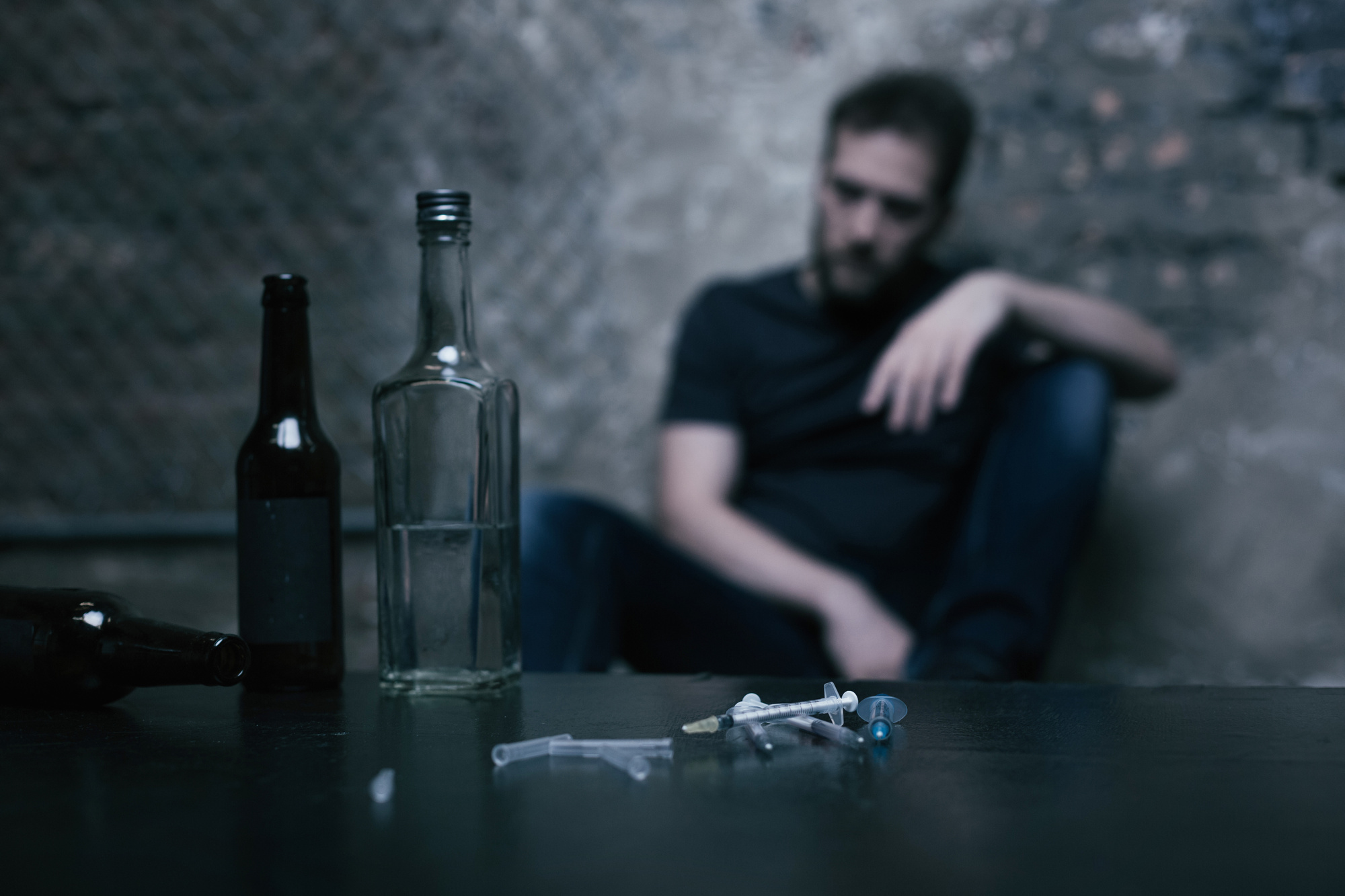Addiction is a serious problem, and it is often ignored until it is too late. Here are the 7 most common symptoms of addiction and understand when it is time to seek professional help.
Substance abuse is a far-reaching phenomenon and the World Health Organization has the numbers that prove it.
Drug abuse affects about 15 million people worldwide. Over 3 million people die from alcohol abuse every year.
Are you or a loved one at risk?
The symptoms of addiction affect every area of the addict’s life. Here’s how to tell if you or a loved one could become another statistic. Connect with IVs in the Keys for more help.
1. Physical Signs of Addiction
Bleary eyes, facial bloating and puffy reddened skin are all signs of the common hangover. These can become a permanent feature of someone in active alcohol addiction. Dilated pupils are always a sign that something’s amiss too.
More severe symptoms include liver problems and brain degeneration. Withdrawal symptoms can start if they stop using for even a short time.
2. Behavioral Symptoms of Addiction
The behavioral traits of the practicing addict are well-known. They may include withdrawal from society, secretive behavior, irresponsible actions and more.
Some alcohol and drug addict behaviors are best viewed as separate entities from the actual substance abuse. These traits can continue long after the addict has stopped using.
These include:
- self-centeredness
- dishonesty
- manipulation
- people-pleasing behavior
These problems stem from the mental aspects of addiction.
3. Mental Manifestations of Addiction
Low self-esteem is one of the biggest driving forces behind addiction. Anxiety, insomnia, mental confusion, and depression are common among addicts. These often disappear during treatment.
As the disease progresses, the brain starts to rely on alcohol or drugs to function. In extreme cases, wet brain syndrome may result.
Rehabilitation centers like Muse Treatment focus on treating the mental aspects of addiction. Other 12-step programs such as Anonymous are spiritually centered.
4. Financial Indicators of Addiction
Addicts will continue to use their preferred substances at a rate that they can’t afford. This always leads to unpaid bills and financial trouble.
Even the super-rich addict often finds themselves in hot water due to legal wrangles or mismanaging their funds.
5. Repeated Attempts to Stop
One of the most obvious signs of addiction is the inability to stop. Most addicts will realize that they have a problem and try to stop on their own.
Some succeed for years before giving in to temptation again. A tell-tale sign of addiction is that when they do, it’s as if they never stopped.
6. Denial
They try to stop and they fail, but the addict still thinks they have things under control.
Symptoms of denial include a belief that:
- Things aren’t as bad as they seem
- Their circumstances result from factors other than substance abuse
- They can stop anytime they want to
Denial is the hardest barrier to break through both for the addict and those that are trying to help them.
7. Other Characteristics of Addiction
Addiction is a far-reaching affliction and has different effects on each individual.
Many addicts experience relationship problems, start under-performing at work and take unnecessary risks. They lose interest in everything besides using their drug of choice.
Getting Help
If these symptoms of addiction sound all too familiar to you, it’s time to get professional help.
There are thousands of treatment centers spread across the USA. Speak to your doctor or get in touch with a local addiction support group to ask for a recommendation.
Getting help for addiction is a matter of life and death, so choose wisely.












